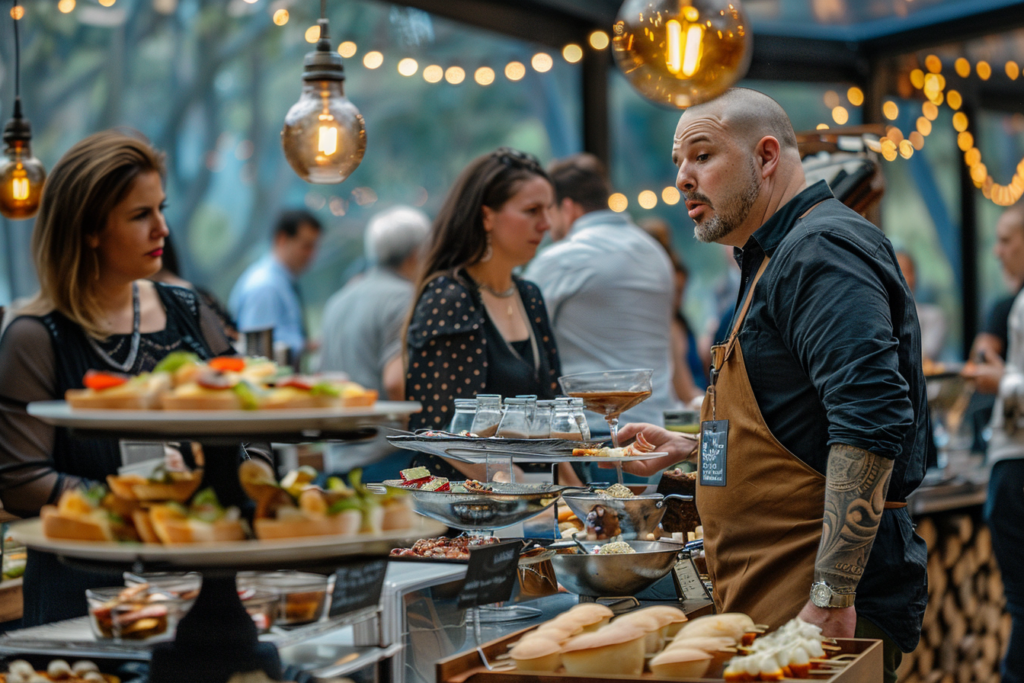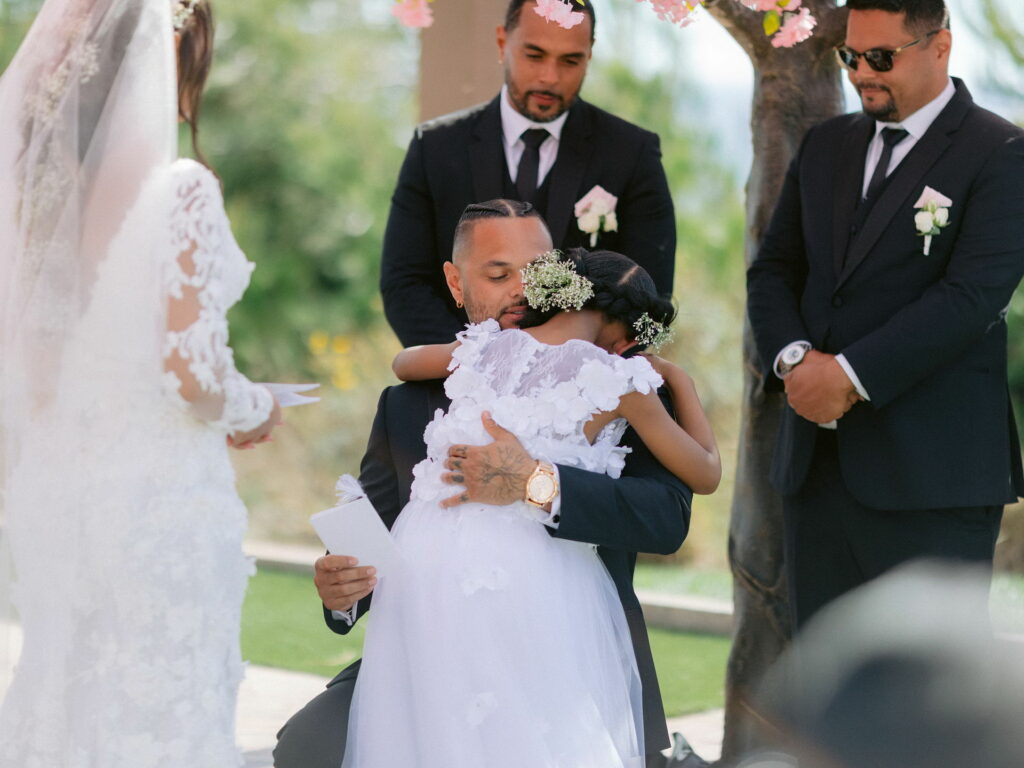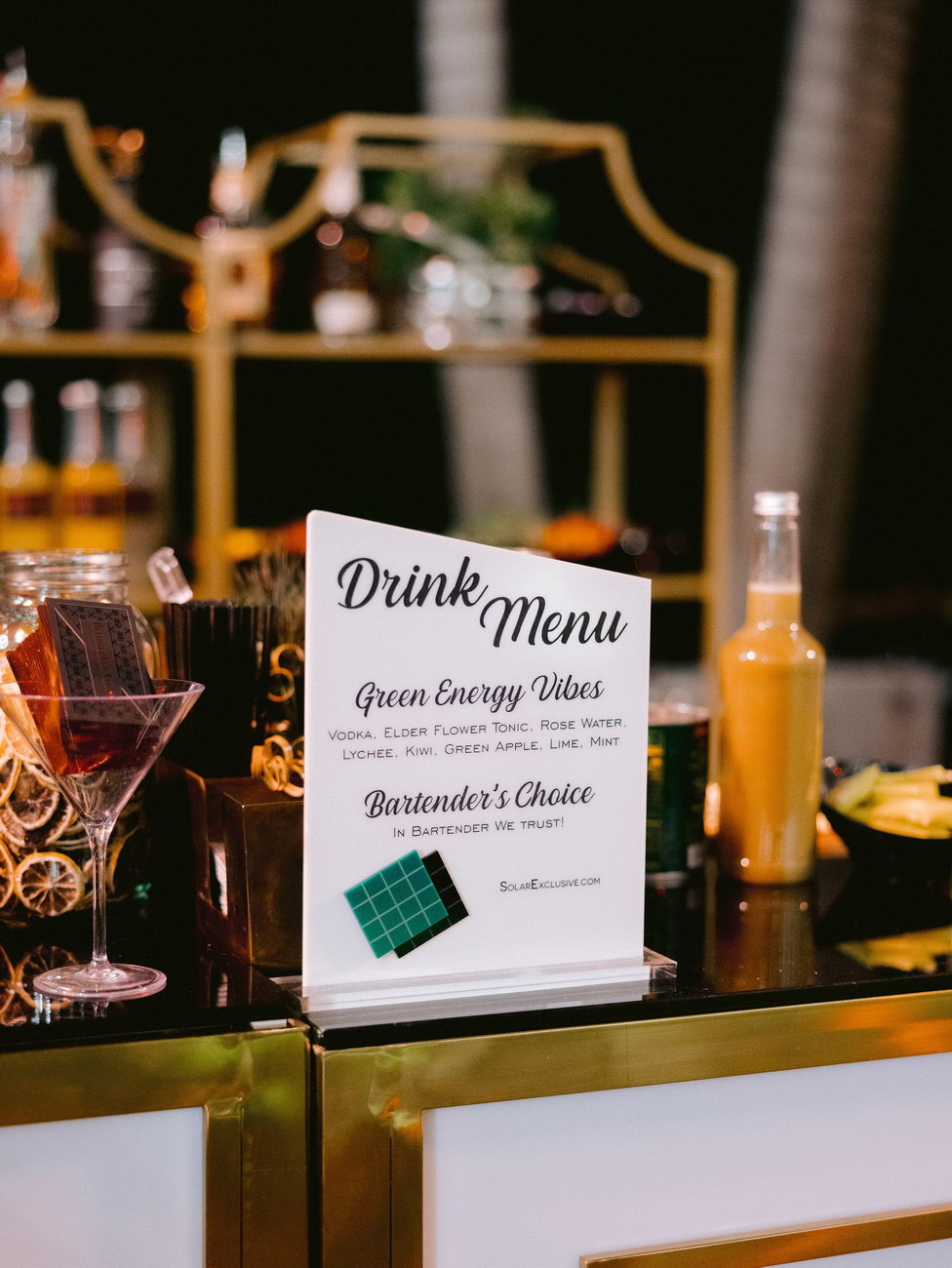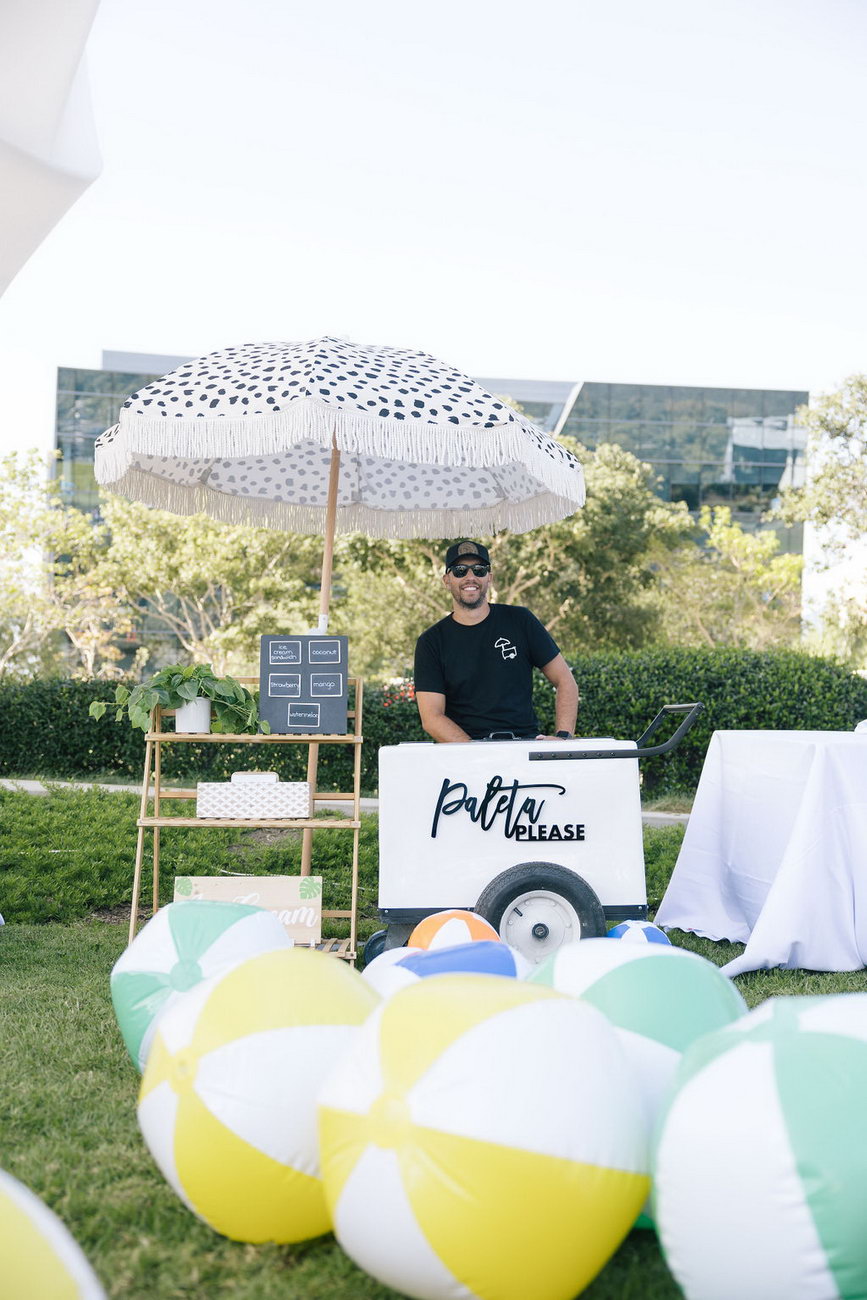Planning an event, whether it’s a grand wedding, corporate gala, or intimate party, requires meticulous organization and an eye for detail.
One crucial aspect often underappreciated in the broader scope of event planning is vendor management.
The right vendors can transform an ordinary event into an extraordinary experience.
This guide will explore the intricacies of vendor management for events, offering practical advice and insights for event planners, small business owners, and corporate event organizers.
Why Vendor Management Matters in Event Planning
Vendor management is the backbone of successful event planning. Without it, even the most meticulously crafted plans can fall apart. The vendors you choose provide the services and products that bring your vision to life. From the caterer who tantalizes taste buds to the DJ who keeps the dance floor alive, every vendor plays a pivotal role.
Effective vendor management ensures that:
- Consistency and Quality: High standards are maintained across all components of the event.
- Budget Adherence: Vendors deliver within the set financial limits, avoiding unexpected costs.
- Time Management: Services are delivered on schedule, ensuring the event runs smoothly.
Understanding the importance of vendor management helps prioritize it during the planning process, ensuring all chosen vendors align with your event’s goals and expectations.

Types of Vendors for Events: A Comprehensive Guide
Choosing the right vendors starts with understanding the different types of vendors typically involved in events. Here’s a look at some common vendor categories:
Catering Vendors
Food and beverages are central to most events. Catering vendors range from gourmet chefs to food trucks, providing various options to suit different tastes and budgets. For example, a high-end wedding might require a sophisticated catering service, while a corporate picnic could benefit from casual food stations or mobile caterers.
Entertainment Vendors
Entertainment often makes or breaks an event. This category includes musicians, DJs, performers, and speakers. Depending on the nature of your event, you might also consider providers of interactive entertainment such as photo booths or virtual reality experiences.
Technology and Audio-Visual Vendors
Today’s events heavily rely on technology. Audio-visual (AV) vendors provide sound systems, lighting, video screens, and more. They ensure that speeches are heard, presentations are seen, and the overall ambiance is enhanced through sound and light.
Venue Vendors
The venue is the foundation of your event. Venue vendors offer locations ranging from elegant ballrooms to sprawling outdoor spaces. They also provide essential services like setting up tables, chairs, and sometimes even decoration.
Criteria for Selecting Vendors: Quality, Reliability, and Cost
Selecting the right vendors involves evaluating several critical criteria to ensure they meet your event’s specific needs.
Quality
The quality of a vendor’s product or service is paramount. Always request samples, portfolios, or past client testimonials to gauge the vendor’s standard of work. For instance, tasting sessions are a must with caterers, and viewing past event photos can help evaluate decorators.
Reliability
Reliability is about trust. You need to be confident that the vendor will deliver as promised. This can often be assessed through references and reviews. Contacting previous clients can provide insight into the vendor’s punctuality, responsiveness, and problem-solving abilities.
Cost
While maintaining quality and reliability, it’s essential to stay within budget. Obtain detailed quotes and compare them. Understand what is included in the price and be cautious of hidden fees. Negotiation can also play a key role here, so do not hesitate to discuss terms that can lead to cost savings without compromising on quality.
The Vendor Selection Process: Research, Communication, and Negotiation
Selecting vendors can be a daunting task, but following a structured process can make it more manageable.
Research
Start by compiling a list of potential vendors. Utilize online platforms, industry contacts, and event planning networks. Websites like WeddingWire and The Knot are excellent resources for wedding vendors, while platforms like EventUp cater to corporate events. Thorough research helps in identifying vendors who align with your event’s theme and requirements.
Communication
Effective communication is vital. Reach out to vendors to discuss your event details, expectations, and requirements. Assess their responsiveness and willingness to work with your vision. This initial interaction can be very telling of how they manage their clients and handle inquiries.
Negotiation
Don’t shy away from negotiating the terms. Discussing aspects such as pricing, service inclusions, and deadlines can lead to more favorable contracts. Remember, negotiation is not just about lowering costs but also about adding value to the services provided.
Building Strong Vendor Relationships: Communication and Feedback
Building and maintaining strong relationships with your vendors is crucial for long-term success in event planning.
Open Communication
Maintain clear and consistent communication throughout the planning process. Regular updates and check-ins ensure everyone is on the same page. Use tools like email, messaging apps, or project management software to keep track of communications and deadlines.
Constructive Feedback
Provide constructive feedback before, during, and after the event. Positive reinforcement encourages vendors to maintain high standards, while constructive criticism helps them understand areas for improvement. This kind of feedback fosters a collaborative environment and mutual respect.
Appreciation and Recognition
Acknowledging the hard work and effort of your vendors can go a long way. A simple thank you note, or public appreciation on social media can strengthen your relationship. Recognizing their contributions not only builds rapport but also encourages continued excellence.

Case Studies: Successful Vendor Management in Events
Learning from real-life examples can provide valuable insights into effective vendor management.
Case Study 1: Wedding at Beverly Hills Hotel
Nicole and her team at Dreams In Detail transformed a ballroom at the Beverly Hills Hotel into a fairytale wedding venue. Through meticulous vendor selection and management, they seamlessly coordinated catering, entertainment, and decor. Their ability to communicate clearly and provide detailed feedback resulted in a flawlessly executed event.
Case Study 2: Corporate EDM-Themed Event
For a high-energy corporate EDM-themed event, the importance of coordination between audio-visual vendors and entertainers was paramount. The Dreams In Detail team worked closely with technology vendors to ensure the sound and lighting complemented the performances, creating an immersive experience that thrilled attendees.
Case Study 3: Multi-Day Destination Wedding in France
Managing vendors for a multi-day destination wedding involves additional challenges, such as logistics and cultural differences. The Dreams In Detail team navigated these complexities by establishing strong relationships with local vendors, ensuring seamless coordination and a memorable wedding experience for the couple and their guests.
Conclusion: Mastering Vendor Management for Unforgettable Events
Effective vendor management is a cornerstone of successful event planning. By understanding the types of vendors, meticulously selecting them based on quality, reliability, and cost, and building strong relationships through clear communication and feedback, you can create events that are not only memorable but also seamless in execution.
Whether you’re an event planner, a small business owner, or a corporate event organizer, mastering vendor management will elevate your events and help you stand out in the competitive landscape of event planning.
Ready to take your event planning to the next level? Incorporate these vendor management strategies into your next event and witness the difference they make. For further resources and personalized consultation, don’t hesitate to contact Dreams in Detail. Your dream event is just a well-managed vendor away!
—
By following these guidelines, you set a solid foundation for successful events, ensuring that every detail is meticulously planned and executed. Happy planning!





